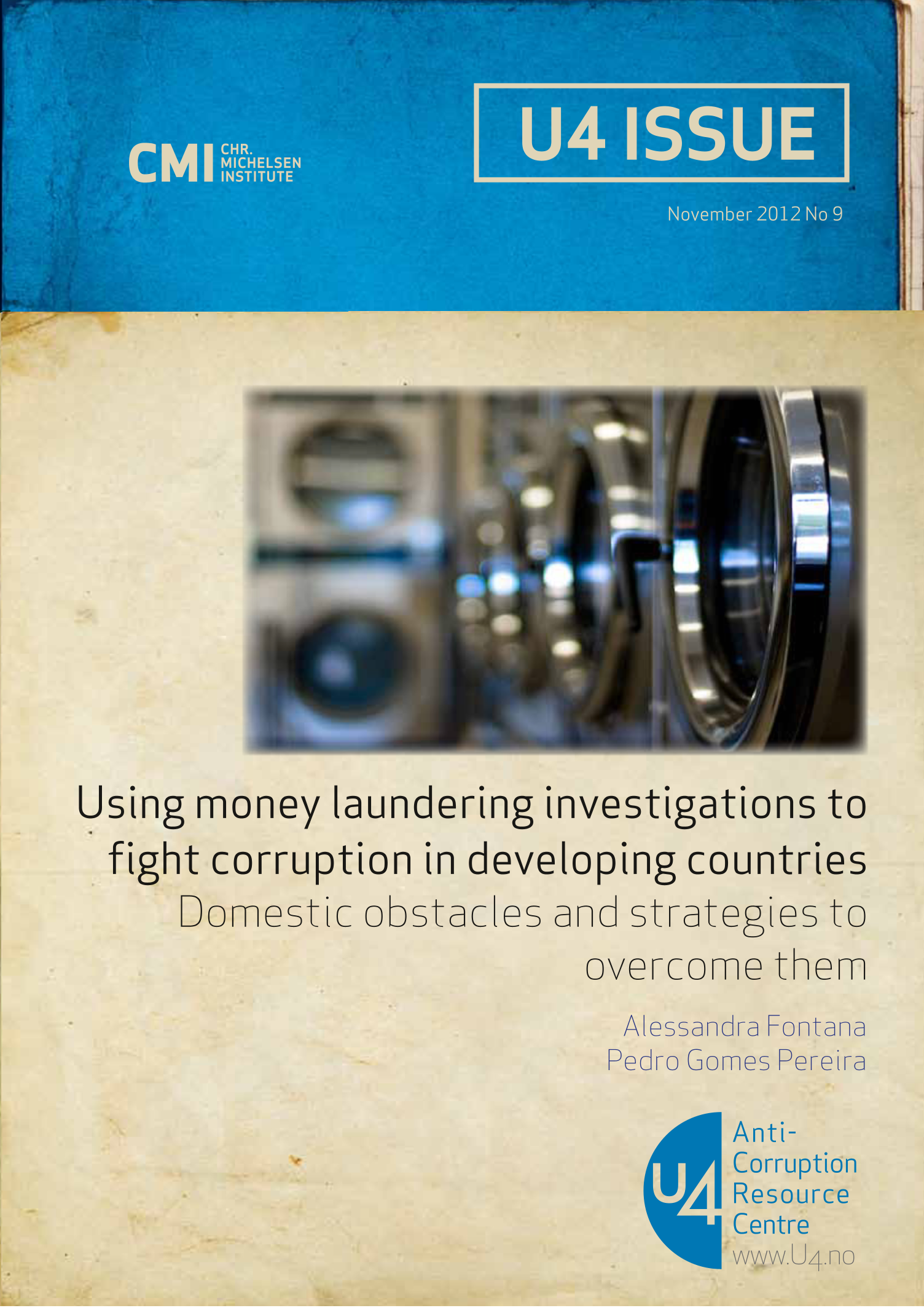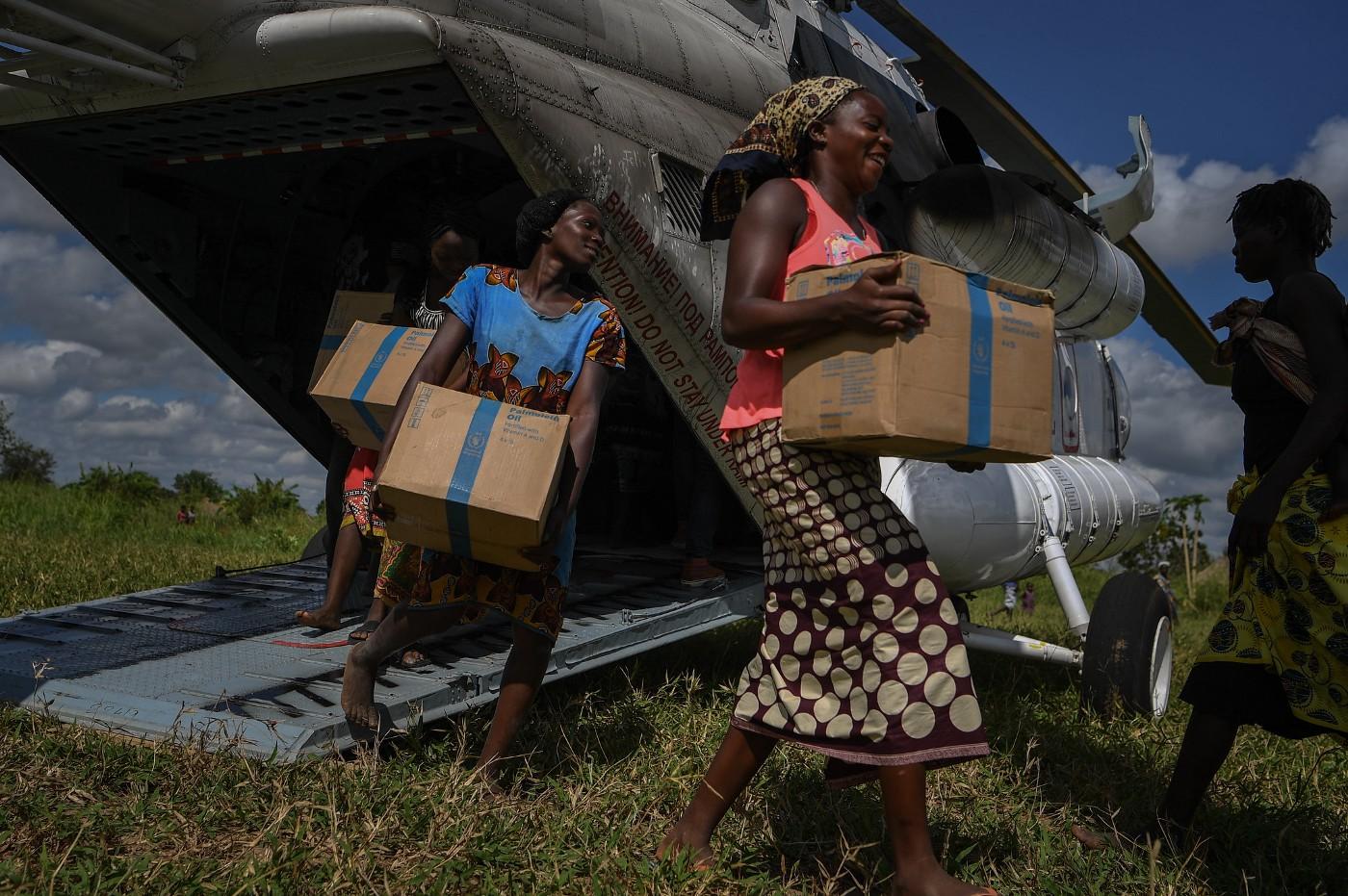U4 Issue
Using money laundering investigations to fight corruption in developing countries: Domestic obstacles and strategies to overcome them
Anti-money laundering systems have the potential to curb the use of proceeds of corruption and other crimes by the perpetrators. An effectively implemented anti-money laundering framework limits the channels through which illicit funds can be laundered, making crime riskier and reducing the incentives for corrupt activities. However, those who stand to benefit from corruption have strong incentives to block anti-money laundering programmes. In addition, these programmes face significant obstacles to effectiveness in most developing countries. Relevant institutions do not trust each other sufficiently to share information necessary for investigations. Countries lack qualified staff and necessary resources, and slow bureaucratic procedures are unable to keep up with the speed of financial transactions. This paper explores these and other domestic obstacles and suggests strategies to overcome them, based on an analysis of the situations in Albania and Tanzania.

Cite this publication
Pereira, P.; Fontana, A.; (2012) Using money laundering investigations to fight corruption in developing countries: Domestic obstacles and strategies to overcome them. Bergen: U4 Anti-Corruption Resource Centre, Chr. Michelsen Institute (U4 Issue 2012:9)
Disclaimer
All views in this text are the author(s)’, and may differ from the U4 partner agencies’ policies.
This work is licenced under a Creative Commons Attribution-NonCommercial-NoDerivatives 4.0 International licence (CC BY-NC-ND 4.0)


